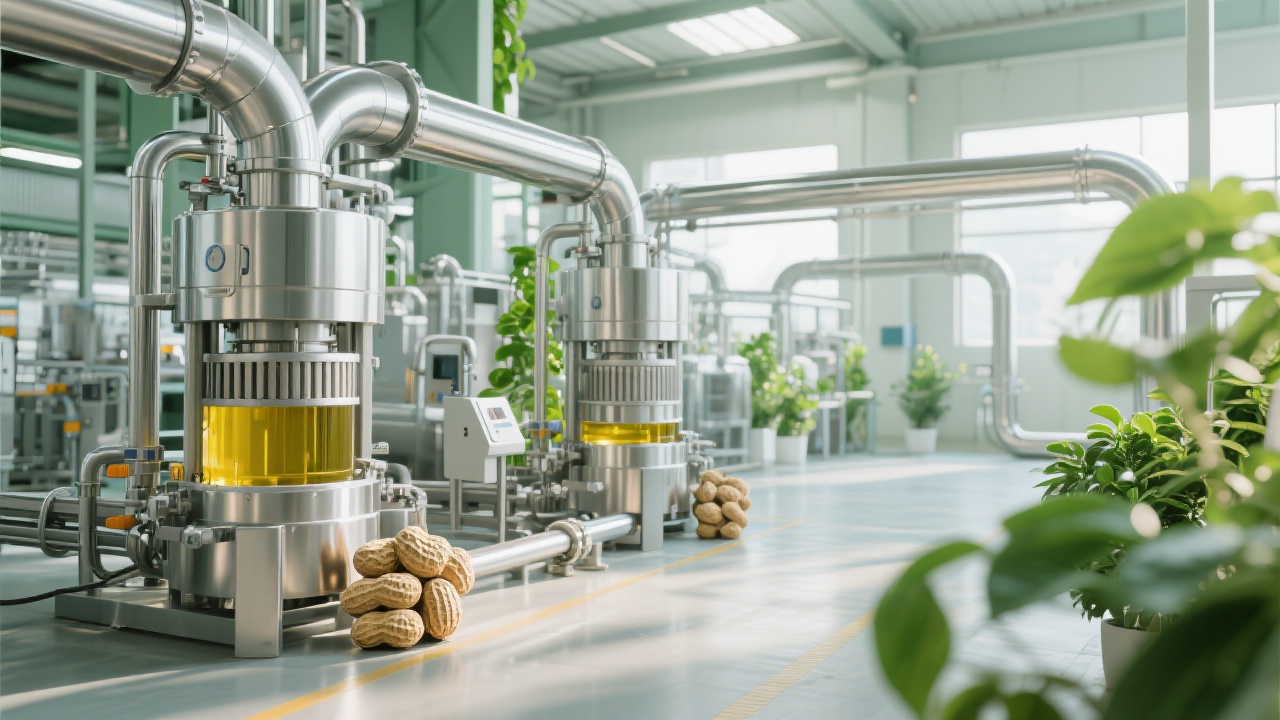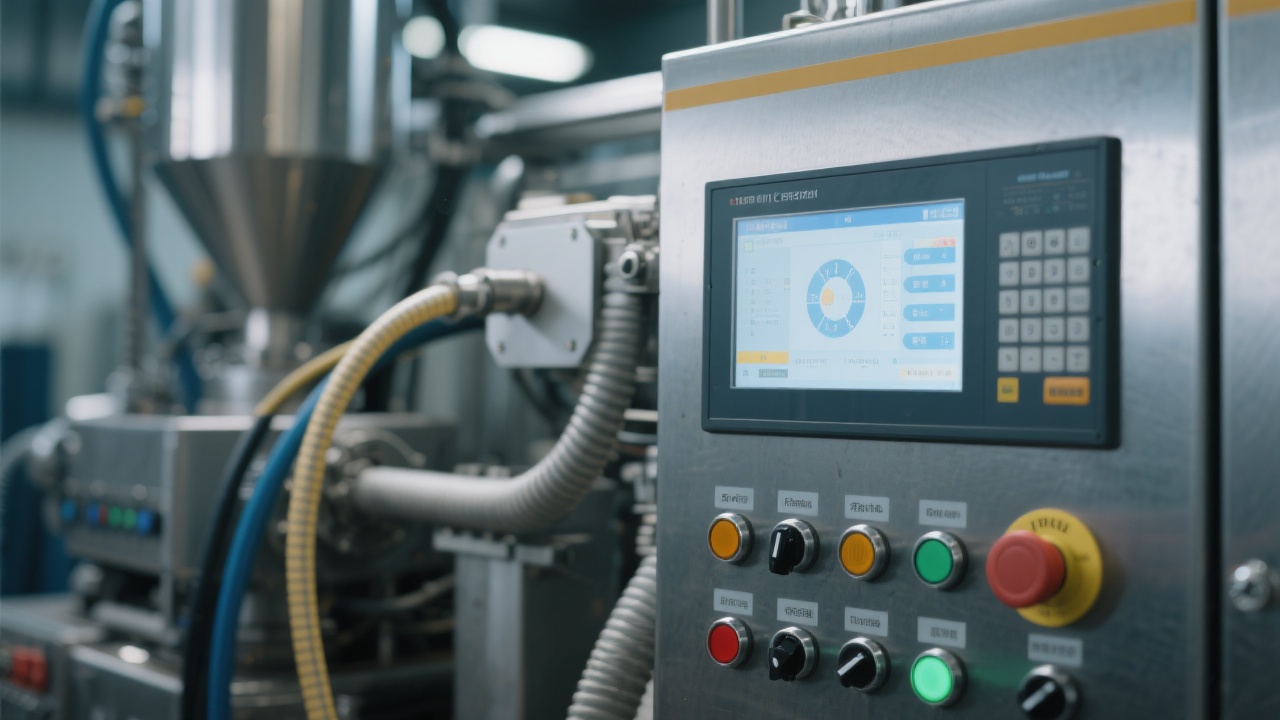
In the global market, the selection of reliable peanut oil press machines is critical for ensuring production efficiency, safety, and compliance with international standards. This article provides an in-depth analysis of key factors to consider when choosing a safe and efficient peanut oil press, emphasizing low energy consumption, smart control systems, and ISO9001 certification.
Modern peanut oil press machines are designed to meet the growing demand for energy-efficient and environmentally friendly solutions. According to industry reports, advanced models can reduce energy consumption by up to 30% compared to traditional presses. These machines often integrate intelligent control systems that optimize performance and minimize downtime.
Here’s a quick overview of the core features:
| Feature | Description |
|---|---|
| High Efficiency | Maximizes oil yield while reducing processing time. |
| Low Energy Consumption | Reduces operational costs and environmental impact. |
| Smart Control System | Enables real-time monitoring and automated adjustments. |
| ISO9001 Certification | Ensures quality assurance and compliance with global standards. |
The suitability of a peanut oil press depends on the specific requirements of the production facility. For small-scale operations, compact and easy-to-maintain units are ideal. In large-scale industrial settings, high-capacity machines with advanced automation are more appropriate.
According to a survey conducted among 200+ food processing companies, 78% of respondents reported improved productivity after upgrading to low-energy, ISO-certified presses. Additionally, 65% noted a significant reduction in maintenance costs due to the durability and reliability of these machines.
A leading oil processing company in Vietnam recently upgraded its peanut oil extraction system using a low-energy, ISO9001-certified press. The results were impressive: the new machine increased oil yield by 15%, reduced energy usage by 28%, and improved overall plant safety. The company also reported higher customer satisfaction due to consistent product quality.
This case demonstrates how the right peanut oil press can transform a production line, offering long-term cost savings and operational benefits.
The global edible oil market is expected to grow at a CAGR of 4.2% from 2023 to 2030, driven by increasing demand for healthy and sustainable food products. As a result, manufacturers are investing in more advanced and eco-friendly technologies.
One of the key trends is the integration of IoT (Internet of Things) in oil press machines, enabling remote monitoring, predictive maintenance, and data-driven optimization. This not only improves efficiency but also enhances transparency and traceability in the supply chain.
Are you ready to upgrade your peanut oil production process? Explore the advantages of low-energy, smart, and certified peanut oil presses today.

As the market evolves, choosing the right equipment is more important than ever. Whether you're looking to expand your operations or improve existing processes, a reliable and energy-efficient peanut oil press can be a game-changer.

In conclusion, selecting a safe and reliable peanut oil press involves evaluating technical specifications, energy efficiency, and compliance with international standards. By prioritizing low-energy, smart, and ISO-certified machines, businesses can ensure long-term success in the competitive global market.

Take the next step towards smarter and safer peanut oil production.
Discover the Benefits of Low-Energy Peanut Oil Presses
